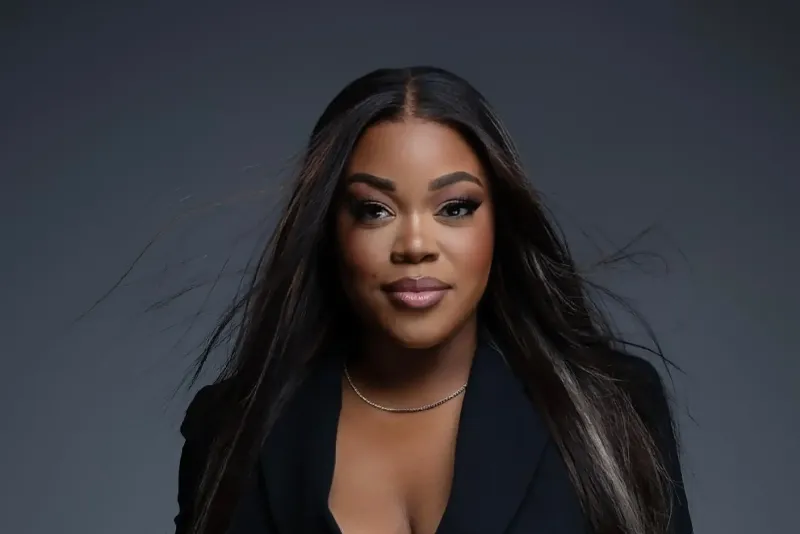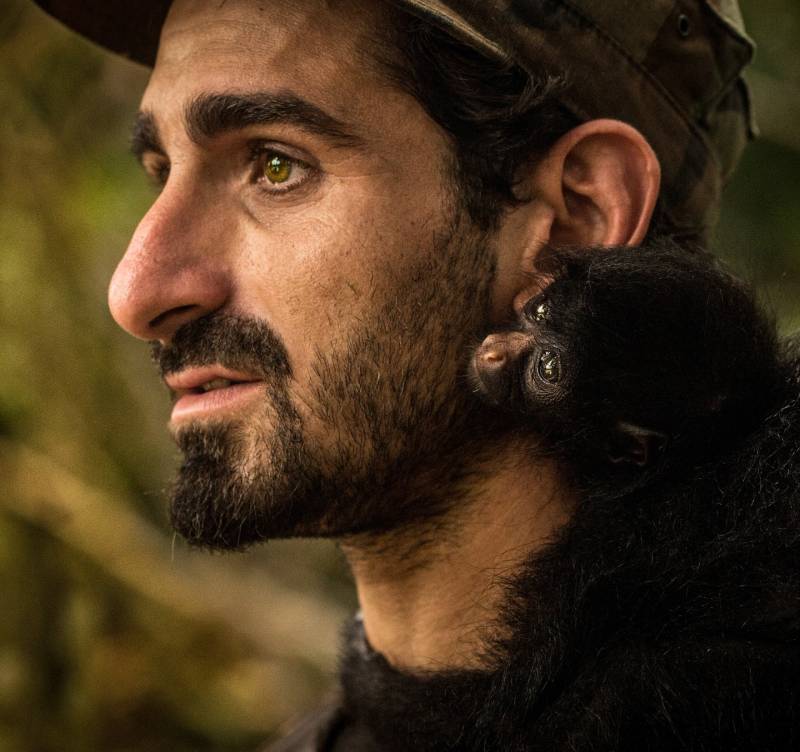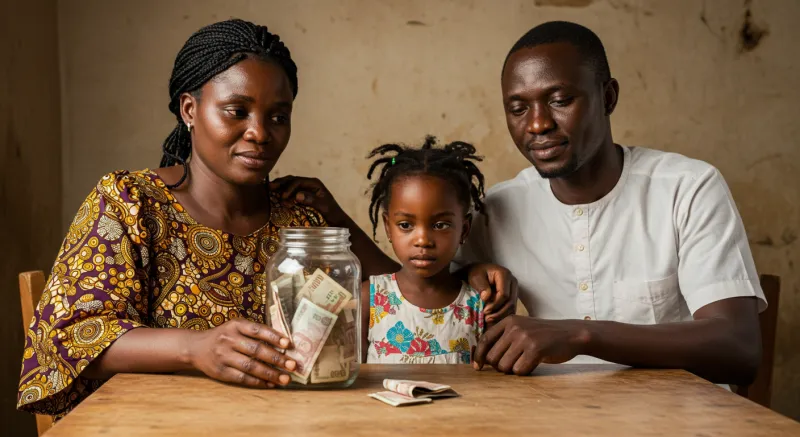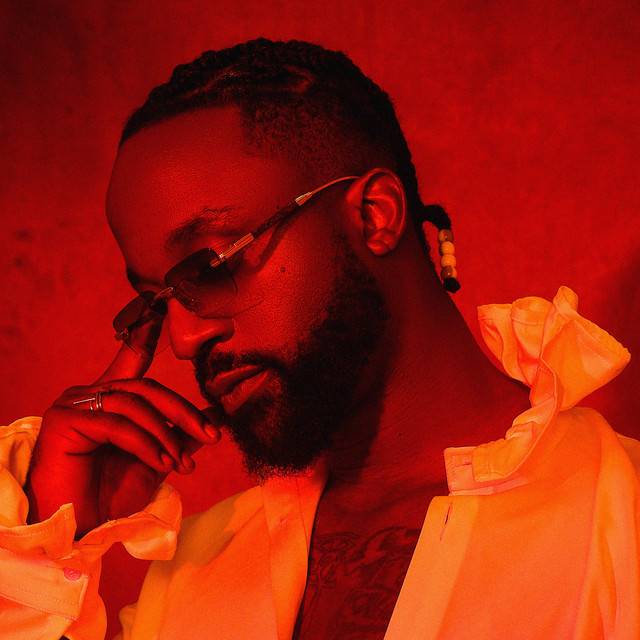After three post-Star Wars years of artistic growth and gutsy career choices, John Boyega is about to take his biggest swing yet with They Cloned Tyrone: a heady mix of Blaxploitation-influenced satire and sci-fi conspiracy thriller. But while he’s grappling with duplicated humans on camera, away from it, the London-born actor’s approach and attitude are anything but cookie-cutter. John Boyega has never shown himself to be fearless. Ever since the London-born actor rose to the public eye - as the lead character in the sci-fi adventure Attack the Block - his trademark has been a poignant, brilliant style. of self-confidence. He is an incredible magnet that captures screeners who are not his own with 10 times the experience; The cute human bomb was comfortable waving a toy lightsaber in a cartoon while addressing a cheering crowd at a Black Lives Matter protest. However, things have improved and changed recently. Three years of professional and personal transformation - a period that saw him play a West African ruler before his reign in The Woman King, play a soldier with PTSD in Breaking, and win a Golden Globe for his portrayal of a British police officer pioneered at Steve McQueen's. Little Ax anthology - provides new texts and explanations for his faith and his own authority. The next step in the process is a bold and possibly the most obvious career choice of the group.
Described by Boyega as a "Scooby-Doo hood", and co-starring Jamie Foxx and Teyonah Parris, Netflix's long-awaited tentpole Cloned Tyrone is set to be one of the most talked about movies of the year. summer: Science Redemption - Blaxploitation-influenced fiction. The thriller is, at once, a thunderous, unapologetically humorous, and multifaceted examination of the process of oppression, as well as a satire as sharp and lacerating as the isolation of malt liquor. Also, his portrayal of Fontaine - a grill-wearing drug dealer who, as the film's title suggests, discovers that he may not be who he thinks he is - and -emphasized the announcement and Boyega's development as an actor. Add in his future work as a producer and philanthropist, as well as his commitment to horse riding (yes, of course), and this new film looks like a long-time advertiser in -growth and creative freedom without debt -time off. Boyega has a strong hand in explaining the stories around him. He may still be best known for his pivotal role in defining one of the greatest film franchises in history, but in more ways than one, he looks to the future rather than the past. past. He may still be best known for his pivotal role in defining one of the greatest film franchises in history, but in more ways than one, he looks to the future rather than the past. past. Below, we chat with the star to find out more about what's going on with her.

EBONY: They Cloned Tyrone contains so many fascinating multitudes, and it sneaks really challenging themes into what is ostensibly a popcorn movie. Was that part of the appeal?
John Boyega: We’ve heard some feedback here and there, [and] a lot of people go, “Yeah, it’s funny. It’s funny…” But then they go, “There’s a poignant lesson in it.” And I felt the same way, because I forgot about the details of the film, and when I saw it, I was like, Oh yeah. There’s so much nuance in it. People that [have] seen it walked in expecting a comedy — slapstick fun. Which is obviously in there. But they didn’t think they would be deep in thought long after the film about the many Easter eggs that are in there, the moral lessons and the social commentary.
Writer-director Juel Taylor chose to set the film in an alternative present-day universe of 1970s cars, fictional fried chicken chains, drive-bys, and sex workers and pimps. What did you make of it as an exploration and interrogation of Black cultural stereotypes?
There’s a lot of that, and that was fun to play with. I think [a lot of] the films I’ve done so far have been an exploration of the Black experience. Like, I’ve been able to be a king, be a man with PTSD who’s on his last legs, and now I play a Black guy in a made-up hood who discovers he’s a clone. You know, that in itself is just different tones of storytelling within the culture. If the stereotypes were by themselves and just a ploy to tell a story, then I’d be like, Whoa, whoa. But because part of the key of the story is to present the stereotypes and tie in this message in an entertaining way, for me, I was just like, Yeah, this script is brilliant.
How did you approach playing Fontaine, your character in They Cloned Tyrone?
Well, I didn’t have much time. This was during the pandemic — before The Woman King, and then after that I went to Breaking. But Juel Taylor is the truth; he had a vision. When your director knows exactly what he wants from your portrayal of a character, then you’re given as much help as you need. A lot of the time Juel and I were on the same page. [But] there were a few assumptions that Juel was able to come in and flip on their head. I was kind of like, “Is [my character] a guy that just comes in, guns blazing, and just doesn’t care?” And Juel was like, “Nah. There’s certain scenes that you don’t need to play like Paid in Full. You’ve kinda got to play it like he’s tired.” Like, the dude is aware that he’s in the movie, and it’s just continuous, so the clone aspect is the main thing that anchors him. Because he is a clone, and he was created in a lab. The audience doesn’t know it, but you have to, in your head, make those decisions and have him do certain things that are subtly over the top — even the way he walks, where he puts his hand. It wasn’t about thinking about what a real dude in this situation would do. It was more about, if he’s a clone, how would he go about it, and what are the stereotypes that would be put in there, for a synthetic person?
That fun definitely comes across in the film. How did you build a relationship and a rapport with Jamie Foxx and Teyonah Parris?
There’s a lot resting on the chemistry. But you know, Jamie and I had met before. I think I met him at D23 [Disney’s biennial fan expo and preview showcase for upcoming projects], and we were both promoting big Disney movies at the time. I think there’s something about Jamie’s energy that just brings everybody together. It’s not hard to have chemistry with Jamie Foxx because he’s a very sociable, outgoing guy who connects quite well with people. So I’d say that Jamie was that essential bridge between me and Teyonah to get our flow going. And Teyonah is funny. She’s beautiful, but she’s also funny — very talented, very smart. So the combination just worked.
Was there a lot of improvisation?
In a Jamie Foxx movie? That’s like mandatory! Jamie was writing some new scenes with certain improvisations. Obviously, it must be strange to promote the movie given the situation with Jamie’s health. Much like everybody else, I’m just hoping that he gets well. So, full hopes, and wishing him all the best with his recovery.
The film also explores an aspect of Black masculinity. How have you personally navigated that path to manhood?
Yeah, you definitely have to build a form of familiarity between yourself and a world that may see you through multiple different lenses, whether it be race, wealth, fame. People meet a normal person that works a normal job, and they go, Okay, cool. Then fame and wealth [come] into it, and it’s like, Were they good? How are they? What were they like? Because there are these other stereotypical stigmas [related to the] ways people can go. So it’s navigating that.
This latest project marks your fourth in the last three years. How do you balance your natural nonstop work ethic without tipping into burnout?
I think for me it’s been pouring [energy] into other people’s dreams for themselves. It detaches me from mine, but there is still passion within that, as well. When you get in this position, everybody is like, “What charity organization do you want to be a part of? What protest do you want to lead?” And it’s more like, Oh no, you’ve got your family at home right there; start at home. That’s what I’ve been putting more energy into — like my family’s dreams and the people around me. My mum and dad started a charity just four years ago. We’ve been building wells, libraries and toilet facilities in rural villages in Nigeria. My dad has always done charity work in Nigeria as a minister, as a pastor. And we did a big trip where we built a well for my mum’s village, for a whole bunch of people who had to walk miles to get clean water. To help them establish that kind of detached me from not only acting, but my own ambitions. I found balance in that, and [also in] having more respect for rest. Rest is like cayenne pepper, man. [Laughs] You can’t put it all in, but just a little, just enough, is very, very good.
And you’re working on the Attack the Block sequel with director Joe Cornish. That must be a real full-circle moment. It’s a full-circle moment for sure. Attack the Block just holds a deep place in my heart. I don’t know what it is. I wanted to be in a movie, but until I got onto that set — that was when I knew I wanted to be in movies. Do you know what I mean? [We’re] at the early stage of putting ideas together for what I feel is going to be a very exciting sequel.
Speaking of important markers, it’s been almost 10 years since you were cast in Star Wars: The Force Awakens. How do you reflect on everything that’s happened in the last decade?
I always think about the memories of the experience. The other day I was going through my phone, and I found a video of me and [costar] Oscar Isaac playing the video game Street Fighter between takes. You kind of miss these people after a while, like Oscar and Daisy [Ridley], and those connections that you made; the filmmaking experience, what I learned from watching the producers do their jobs — what that meant. And [when I] go to a store and see a Finn action figure or something, it just makes me chuckle. I feel like a retired superhero. It’s weird; this thing follows me wherever I go. But for me, it brings back the sweetest memories, and it reminds me of how far I’ve come independent of that. I remember, after finishing the last one, the question was, “What are you going to do next?” And there’s talk about the Star Wars typecasting stigma, but I’ve worked ever since, and I won the Golden Globe [for Small Axe].
And if nothing else, that franchise gave you your love of horseback riding, right?
I was trained as part of Episode IX, and I just got really good and felt a synergy. I felt like a centaur — one of those half-man, half-horse people. I’ve since met other actors who ride, Jamie Foxx included. I’ve connected with various people over the years who also have the same passion. There’s something about being on a horse. I’m not scared of this big creature that is just full of muscle.
You riding off on a horse seems to typify what feels like a new era of calm and confidence. Were you freed by some of the honest things you said in 2020 about your experience in the industry? You noted that Black characters were “pushed to the side” of major franchises by studios.
Definitely. There’s a lot of freedom in it. On the one hand, sometimes it can ruffle some feathers. But on the other, at least everybody knows what time it is. [Laughs] It’s good to live in your truth.

“I knew I had it during [filming of the] Star Wars [franchise],” he tells me now, beaming in from Atlanta and crisply dressed in a dark, pin-striped tunic shirt. “But now I know I have it, have it.” “There’s just so [many] elements of genres clashed together,” says Boyega, grinning with admiration. “THERE’S SOMETHING ABOUT JAMIE FOXX’S ENERGY THAT JUST BRINGS EVERYBODY TOGETHER. HE’S A VERY SOCIABLE, OUTGOING GUY WHO CONNECTS QUITE WELL WITH PEOPLE. IN [‘TYRONE’]JAMIE WAS THAT ESSENTIAL BRIDGE BETWEEN ME AND TEYONAH TO GET OUR FLOW GOING.”
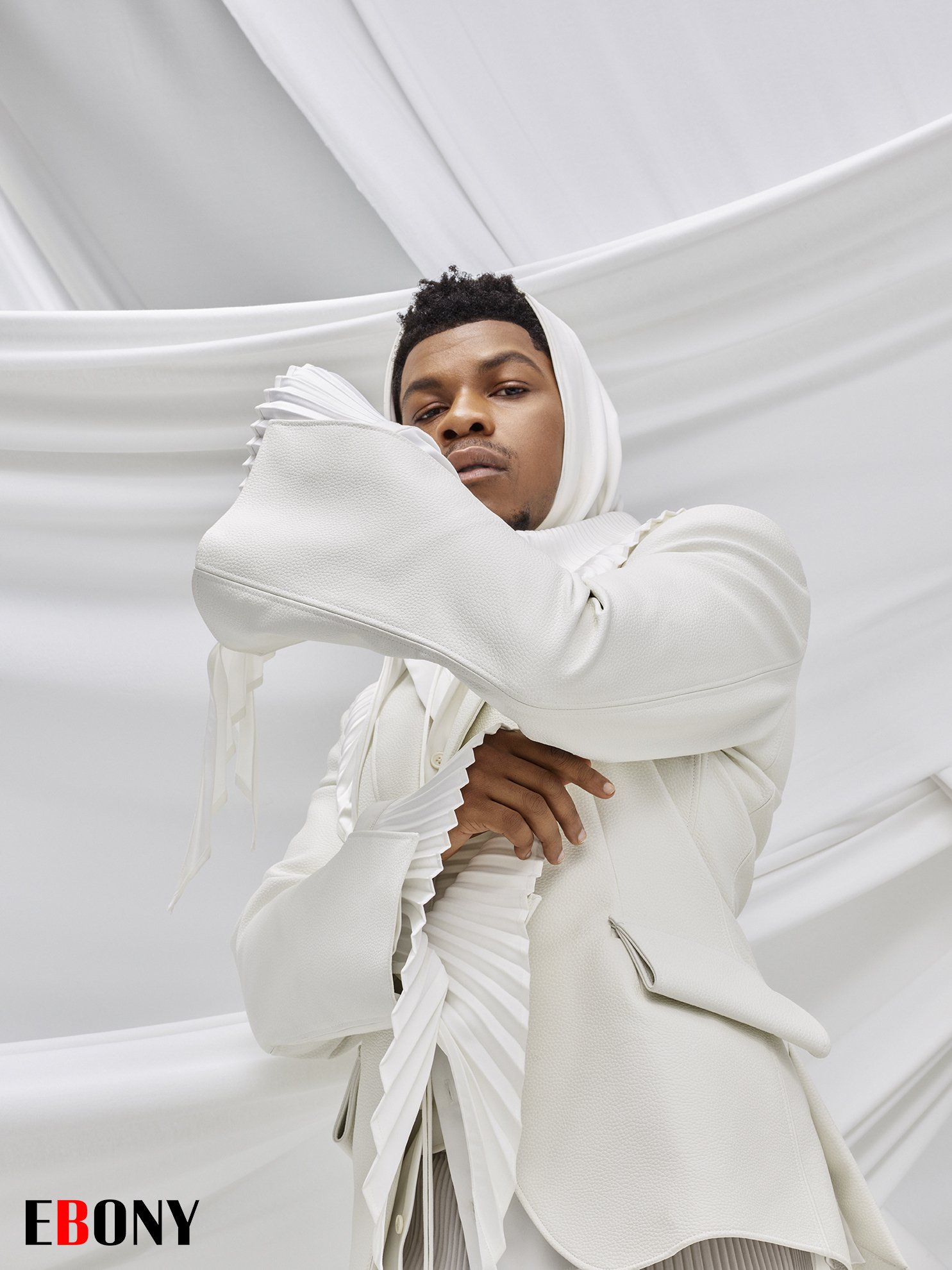
Story By Jimi Famurewa Photos By Keith Major for EBONY Media
